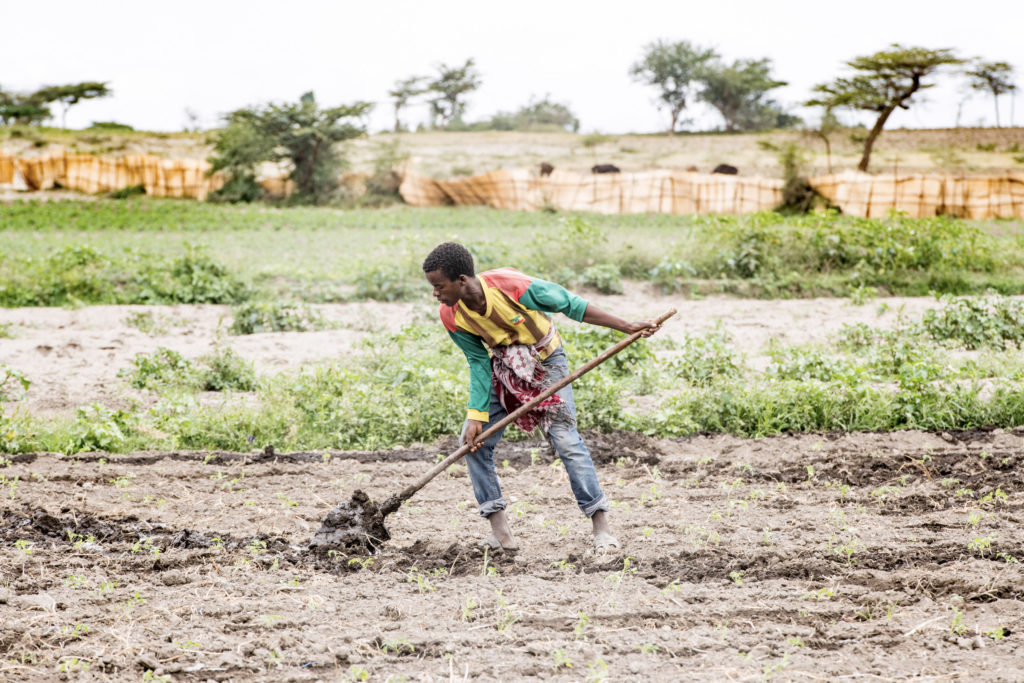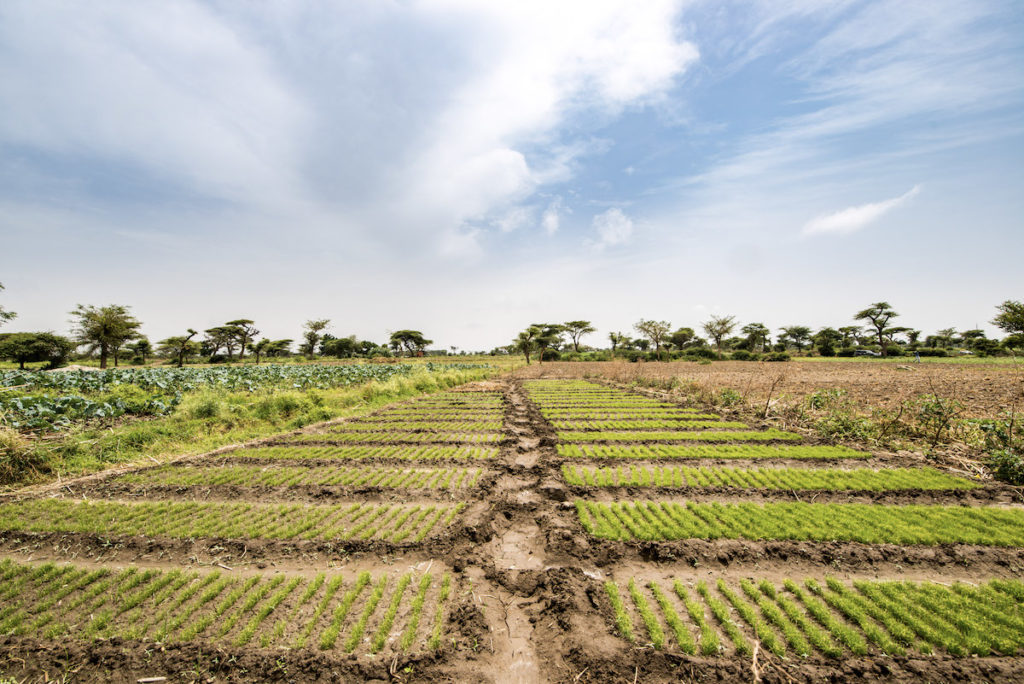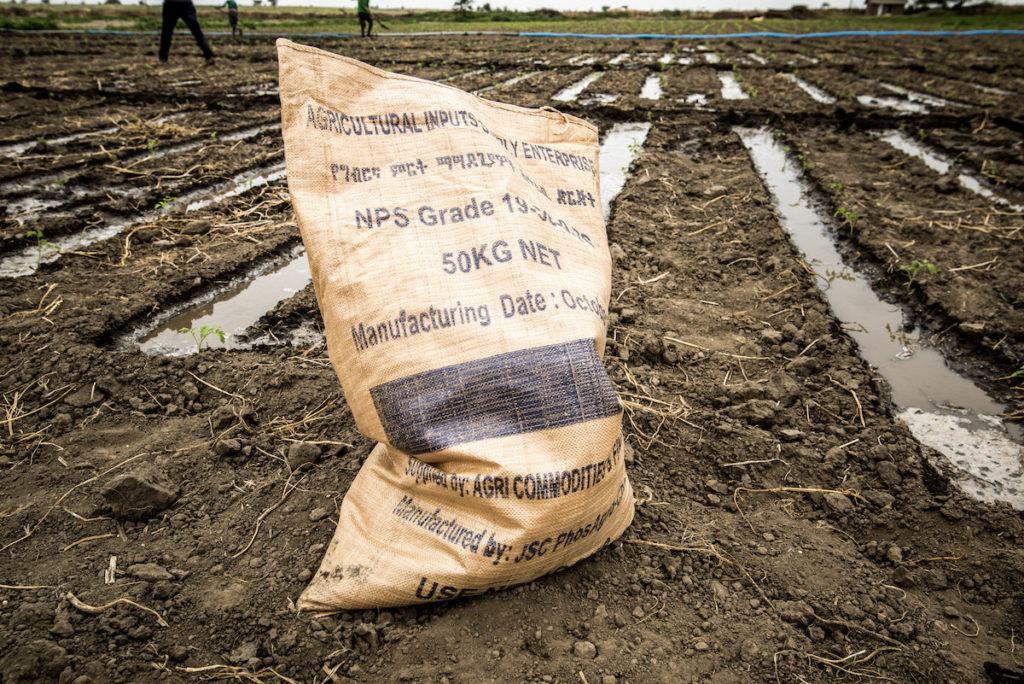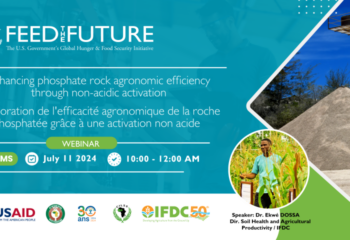
To talk about the importance of soil, this year’s World Soil Day is being celebrated with the theme, “Soils: Where food begins.” World Soil Day 2022 aims to raise awareness of the importance of healthy soils for human well-being and environmental protection.
Soil plays a vital role in crop production and meeting the nutritional requirements of a growing population. About 95% of our food comes from the soil. Soils store and supply 14 of the 17 essential plant nutrients. However, only healthy soils can supply these nutrients to plants in the optimum quantity and ratio. A diverse group of microorganisms in the soil helps to transform nutrients from forms that are unavailable to plants (mostly organic forms) to forms that can be utilized by plants (inorganic). To preserve soil health and biodiversity, we need to protect those microorganisms and their food, which is organic matter. It is reported that a tablespoon of healthy soil contains more living organisms than people on Earth.

There are multiple challenges to maintaining soil health. On one hand, the continuous cultivation of crops with little to no fertilizers or organic inputs results in the depletion of plant nutrients and soil organic matter from soils, which leads to soil degradation. In most African countries, nutrient mining is a serious problem. For example, the annual average nutrient mining rate from Benin, Ghana, and Togo is about 60 kg/ha; most farmers across developing countries in Africa and Asia are not aware of the benefits of secondary and micronutrients, so they do not apply these nutrients to soils. This has resulted in the depletion of several micronutrients. On the other hand, excessive and imbalanced use of fertilizers produces soil and environmental pollution, which increases greenhouse gas emissions that lead to climate change. Furthermore, many Asian countries, such as China, have a much higher rate for the input of nutrients, particularly nitrogen and phosphorus, resulting in a large number of crop losses during harvest, which exacerbates environmental pollution and GHG emissions.

The judicious use of fertilizers is crucial for the sustainable improvement of soil health and crop productivity. Despite this, many people take soil for granted, paying little or no attention to its health. Crop cultivation in nutrient-deficient soils reduces productivity and the number of nutrients in the food grown, which poses a challenge for meeting both food and nutritional security. We should replace the nutrients in the soil that are removed with crops at harvest.
One of the strategies to improve soil health is the adoption of Integrated Soil Fertility Management (ISFM), which promotes the integrated use of organic inputs and mineral fertilizers to meet crop nutrient demands. The ratio of organic inputs and inorganic fertilizers could be based on the availability of local resources at each particular farm. Similarly, mineral or synthetic fertilizers should be applied using the 4Rs of nutrient stewardship — right source, right rate, right time, and right placement. In addition, farmers should be encouraged to use customized fertilizers, because many producers in developing countries have poor awareness of the appropriate ratios of plant nutrients. Providing them with a single basal fertilizer that contains all deficient nutrients would be helpful to maintain nutrient balance in soils and their supply to plants.




